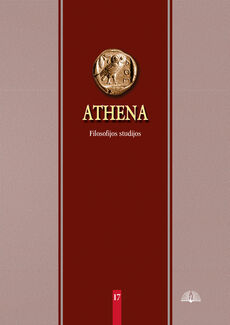Necropolitics and Scarce Resource Allocation: Letting Die in Death-worlds within the Framework of Lifeboat Ethics
Necropolitics and Scarce Resource Allocation: Letting Die in Death-worlds within the Framework of Lifeboat Ethics
Author(s): Luana Adriano AraújoSubject(s): Politics, Ethics / Practical Philosophy, Political Philosophy, Health and medicine and law
Published by: Lietuvos kultūros tyrimų
Keywords: necropolitics; public choices; scare resources; lifeboat ethics; COVID-19; triage; health policy;
Summary/Abstract: The debate about the allocation of scarce healthcare resources was one of the most heated during the COVID-19 pandemic. The main ethical concern is what should we do in crisis periods when there are unmet demands for specific health goods, products, and services. One of the assumptions for the authors in this field is to take scarcity as a given neutral fact. Following this, literature mostly focuses on preference scales and optimal allocation measures, obliterating substantive discussions on how scarcity is produced and differentially distributed. Such an obliteration is what took Tom Koch (2013) to criticize “lifeboat ethics” – for him, we should not be focusing on how to distribute places in the lifeboat, but rather on why we ever allowed ourselves to navigate in such circumstances. His argument can be used to defend a duty to plan, which, if fulfilled, would prevent tragic choices. Here, I follow a different argument, related to how scarcity plays a role in the maintenance of status quo in necropolitical frameworks. In those settings, scarcity is not an accident of crisis periods, but a permanent structural factor and a means of governing. While we keep our ethical lens away from how scarcity is produced in these countries, we run the risk of leaving aside antecedent public choices that prioritize certain interests over the life of the ultimately killable ones – i.e., the decisions that reify and naturalize scarcity
Journal: Athena: filosofijos studijos
- Issue Year: 2022
- Issue No: 17
- Page Range: 156-172
- Page Count: 17
- Language: English

